Pregnancy and the COVID-19 Vaccine
As the COVID-19 vaccine becomes more readily available, a conversation between you and your clinical team may assist with decisions regarding the use of vaccines approved under EUA for the prevention of COVID-19 by pregnant patients. Important considerations include:
- the level of activity of the virus in the community
- the potential efficacy of the vaccine
- the risk and potential severity of maternal disease, including the effects of disease on the fetus and newborn
- the safety of the vaccine for the pregnant patient and the fetus.
For the most up-to-date information and resources visit The American College American College of Obstetricians and Gynecologists here.
Prenatal
How will COVID-19 impact my delivery experience?
- We know that families may have some questio ns or concerns about being in a hospital right now.
- Upon arrival to the hospital you will be asked a few questions, then you will be given a mask, your temperature will be taken and you will be limited to one support person.
- You will notice, staff, patients and visitors are wearing masks in the hospital.
Will I be tested for COVID-19?
- Sutter hospitals are providing COVID-19 swab testing for moms who have scheduled deliveries and those who arrive in labor.
- Check with your provider to see if you should get tested prior to coming to the hospital during your pregnancy.
- Knowing your COVID-19 status will help your team make informed decisions about the appropriate level of maternal and newborn care you and your baby may need and appropriate PPE (personal protective equipment).
- You are invited to take part in the Maternal CARE Study, a study to help understand, manage, and fight COVID-19. If you participate, an additional test will be used to determine if you have been exposed to COVID-19 in the past – not if you have the disease now. This test is different from the COVID-19 swab test. Please go to sutterhealth.org/MaternalCAREStudy to learn more.
How will my prenatal care be impacted?
- Clinicians are altering prenatal appointment schedules to minimize the number of times you need to leave home.
- Tours, prenatal classes and lactation support are being offered remotely.
- These adjustments allow our teams to offer you prenatal education and postnatal support.
Labor & Delivery
How clean is the hospital, and is it safe?
- Pandemic or not, we follow strict guidelines to keep the hospital clean and safe.
- The Labor and Delivery staff take precautions when caring for patients each day, so these procedures are not new.
- You will receive additional information about arriving at the hospital from your care team, but please feel free to ask them any questions you have about coming to the hospital to deliver your baby.
Can I have someone with me during my labor and delivery?
- You can bring one support person with you, whether it’s your partner, a doula, a family member or friend. This support person must be the same individual throughout your stay. They will need to be healthy to enter the hospital and will wear a face mask.
Will I have to wear a mask?
- To help limit the spread of COVID-19, patients and visitors must be masked while at the hospital. For expectant mothers and their support person, this means you both will be masked upon arrival to the facility.
- Expectant moms and their support person do not need to be masked while they are in their room unless healthcare workers are present.
- The same masking protocols apply during postpartum and newborn care.
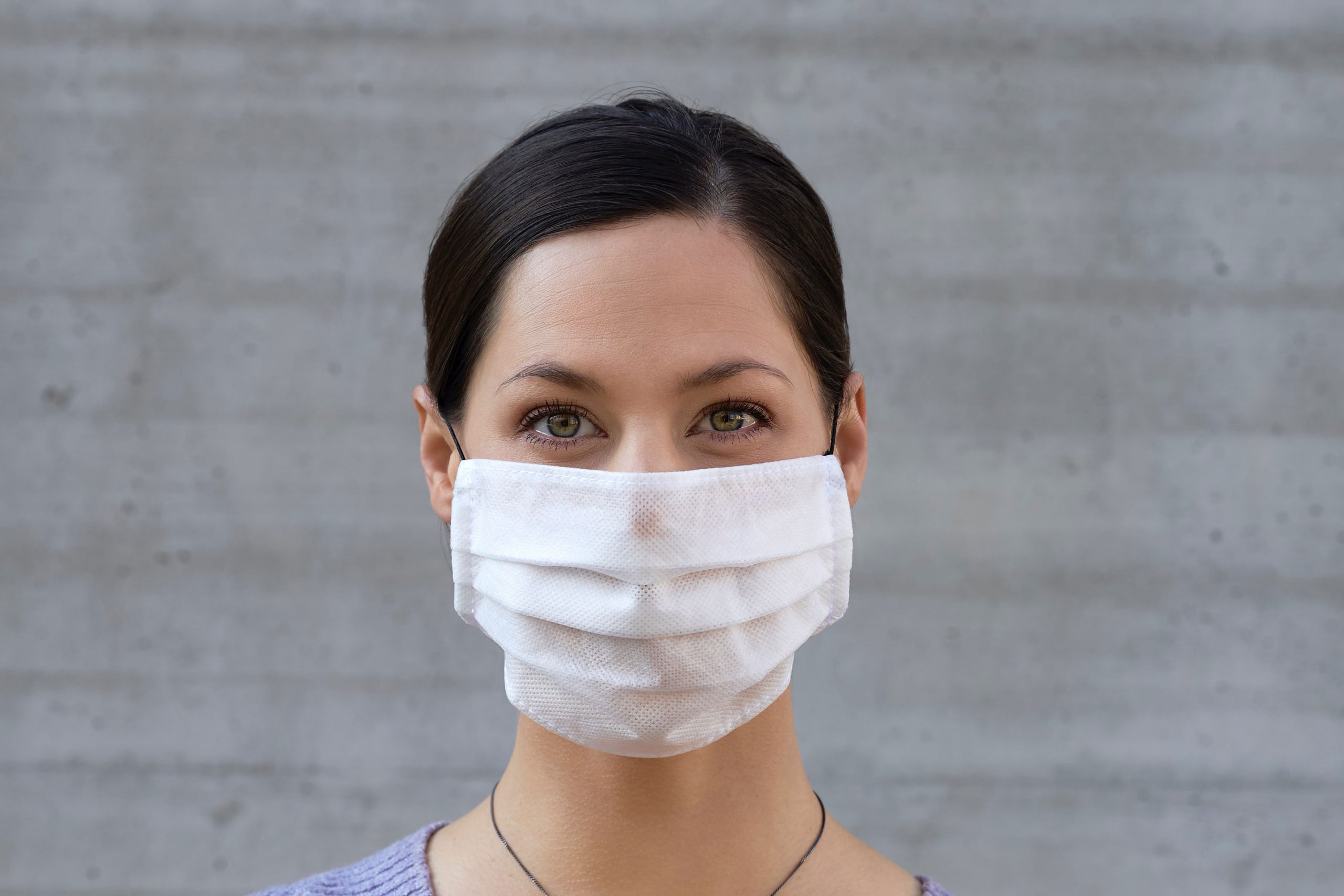
How to Wear Your Mask
- Place loops around your ears, or tie the straps behind your head and neck.
- Carefully pull/stretch the mask to make sure it covers your nose and mouth.
- If possible, tuck the mask under your chin to help prevent it from shifting.
Are there extra items I should bring to the hospital?
- You may bring personal items such as sweats/pajamas and your favorite pillow .
- Your support person should also bring in personal items such as medication and toiletries.
- Parents are encouraged to bring in the car seat (leaving the base secured and fastened in the car) upon arrival so that you won’t have to leave the building to retrieve it later.
- You may also want to bring a cooler with any special snacks/foods you’d like to have in your room.
Postpartum
Will I have postpartum support?
- Our teams are available to provide you postpartum support.
- Your care team will share resources , which includes lactation support, postpartum classes and referrals for pump rentals.
Will my partner and I be able to spend time with our baby in the newborn intensive care unit (NICU) at the same time?
- You and your partner are welcome to spend time with your baby in the NICU.
- You and your partner will continue to wear your masks while in the NICU.
- If you or your partner have any symptoms or are feeling ill, please call the NICU ahead of time to ask if you are able to come to the NICU.
- If you are discharged before your baby, we recommend attempting to limit your entry and exit to the NICU and to shelter in place at home as much as possible.
- We want you and your partner to have time with your baby at the bedside, but there may be times when one or both of you may need to step away to maintain social distancing.
COVID-19 Positive Moms
What happens if I test positive for COVID-19?
- If you test positive for the virus, precautions will be taken before, during, and after delivery.
- Your provider will be notified and will discuss care during your pregnancy. If you are close to delivery, your provider will discuss the plan for your admission to the hospital.
- You should watch for symptoms such as cough, shortness of breath (seek care right away if you have difficulty breathing), fever (over 100.0 For higher), chills, muscle pain, headache, sore throat, new loss of taste or smell, fatigue (tired, weak), nausea, vomiting, diarrhea or loss of appetite and report any illness or changes to your provider.
What do we know about COVID-19 during pregnancy?
- Though pregnant people are at higher risk for developing complications from similar illnesses, like the flu, so far that does not appear to be true of COVI D-19.
- At this time, there is no indication that pregnant people are more likely than non-pregnant people to contract the virus or suffer severe infection.
Can pregnant people pass the virus to their babies during pregnancy and delivery?
- The virus that causes COVID-19 is thought to spread mainly by close contact with an infected person through respiratory droplets. Limited data suggest that the COVID-19 virus does not cross the placenta.
- Few cases of COVID-19 have been reported in newborn s.
- The majority of pregnant people with COVI D-19 have given birth to healthy babies.
Does my partner and family who have been in close contact with me need to be tested?
- We recommend family members that have been in close contact with you discuss testing and monitoring with their primary doctor .
- They should watch for symptoms such as cough, shortness of breath (seek care right away if they have difficulty breathing ), fever (over 100.0 For higher), chills , muscle pain, headache, sore throat, new loss of taste or smell, fatigue (tired, weak), nausea, vomiting , diarrhea or loss of appetite and report any illness to their doctor .
Will I be allowed to have a support person with me?
- You may have a healthy support person accompany you in labor.
- Your support person, which must be the same individual, can remain with you throughout your hospital stay.
- Your support person will be asked to limit their entry and exit of the hospital to a minimum.
What will happen during my labor?
- During your labor, some things may seem a little different from what you may have expected.
- You will have a dedicated nurse and will have fewer staff coming in and out of your room. Some communications may be done over the phone instead of face-to-face.
- You will need to wear a mask. Those taking care of you will wear facemasks, eye shields, gowns, and gloves.
- Being COVID-19 positive, does not affect the mode of delivery (vaginal versus cesarean) or your choice of pain control.
How will my, and my baby’s, postpartum care change?
- After the baby is born, your provider and your pediatrician may recommend separation from your baby. This will be decided through shared decision making between you and your provider/pediatrician.
- A healthy person may visit the baby and participate in their care. Your baby’s pediatrician will provide information on how to care for your baby when you are discharged from the hospital.
Can nursing women pass the virus to their baby during breastfeeding?
- In limited studies, COVID-19 has not been detected in breast milk, however, we do not know for sure whether mothers with COVID-19 can spread the virus via breast milk.
- We recommend hand and breast hygiene prior to direct breastfeeding or pumping.
- If you are sick and choose to direct breastfeed :
- Wear a facemask and wash your hands before each feeding.
- If you are sick and choose to express breast milk :
- Express breast milk to establish and maintain milk supply.
- A dedicated breast pump will be provided.
- Wash hands before touching any pump or bottle parts and before expressing breast milk.
- If possible, consider having someone who is healthy feed the expressed breast milk to your baby.
What happens if I don’t want to be tested for COVID-19?
Your provider will discuss the risks and benefits of being tested and how testing could benefit you and your baby.
Meet our Doctors & Nurse Practitioners

Andrea Garland,
MD, MPH, FACOG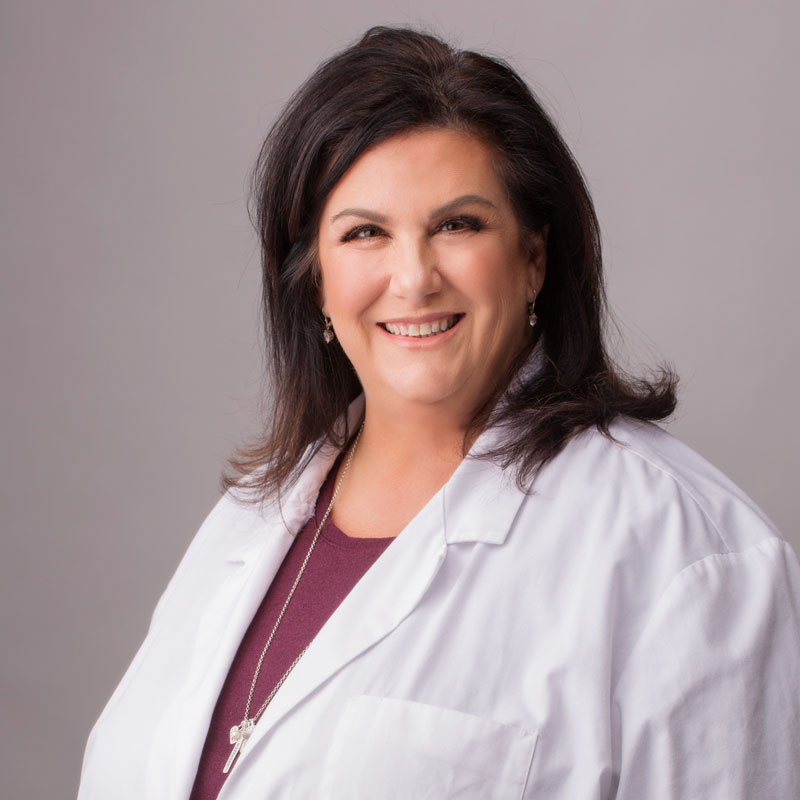
Dina M. Canavero,
MD, MPH, FACOG
Jacqueline Ho,
MD, FACOG
Blake R. Lambourne,
MD, FACOG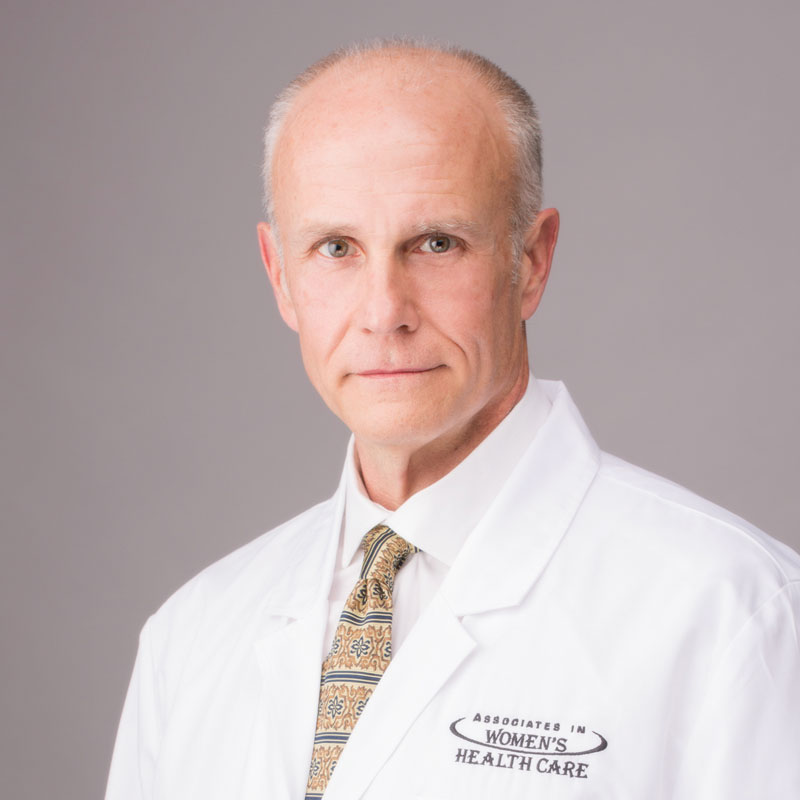
David H. Scates,
MD, FACOG
Denise L. Sweeney,
MD, FACOG
Richard J. Leach,
MD, FACOG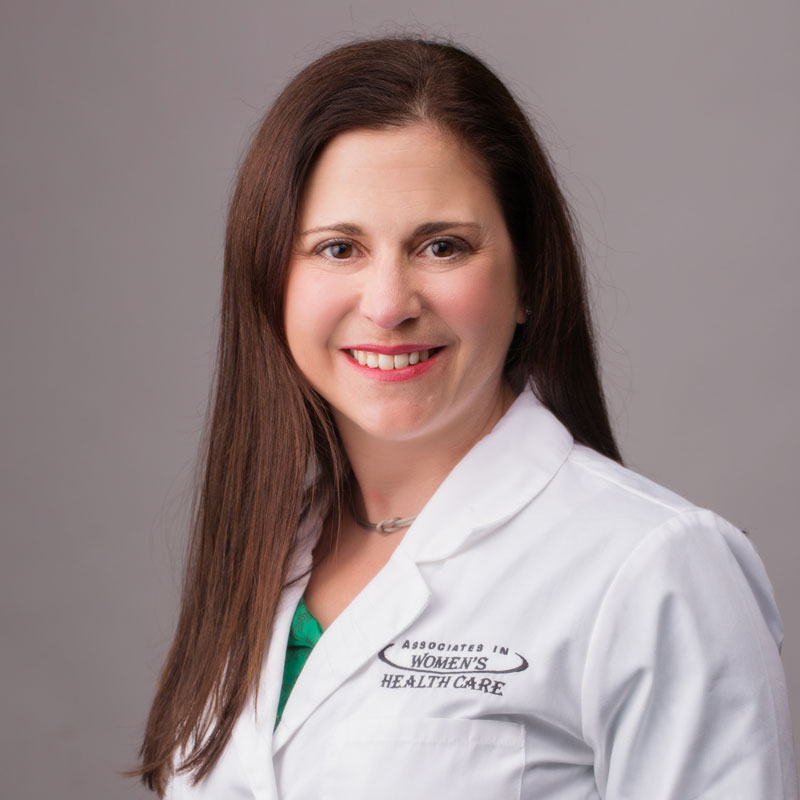
Analisa Marki,
MD, FACOG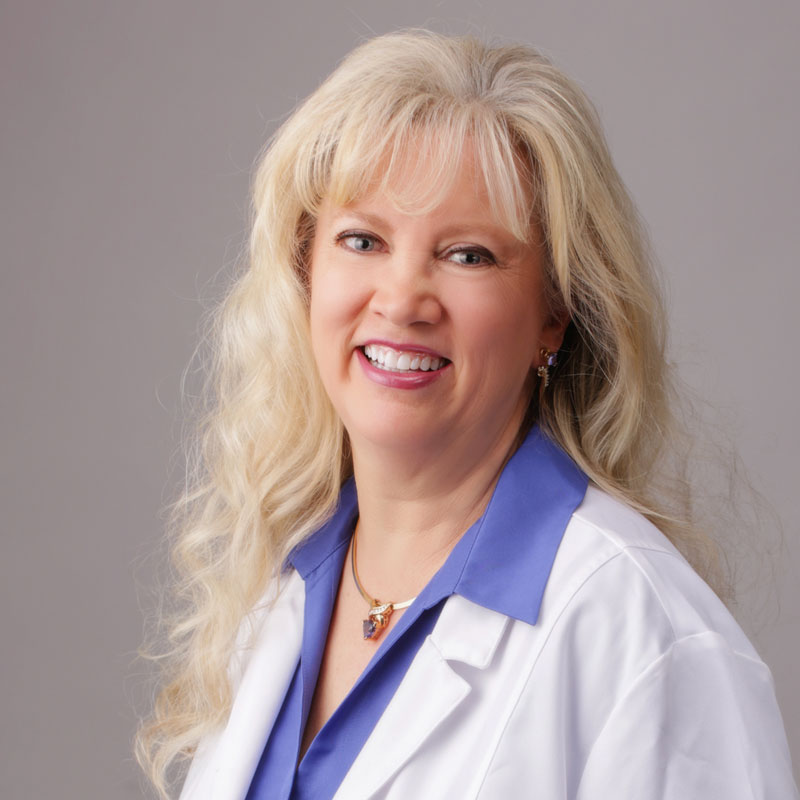
Lia Walther, NP Announces Retirement,
NP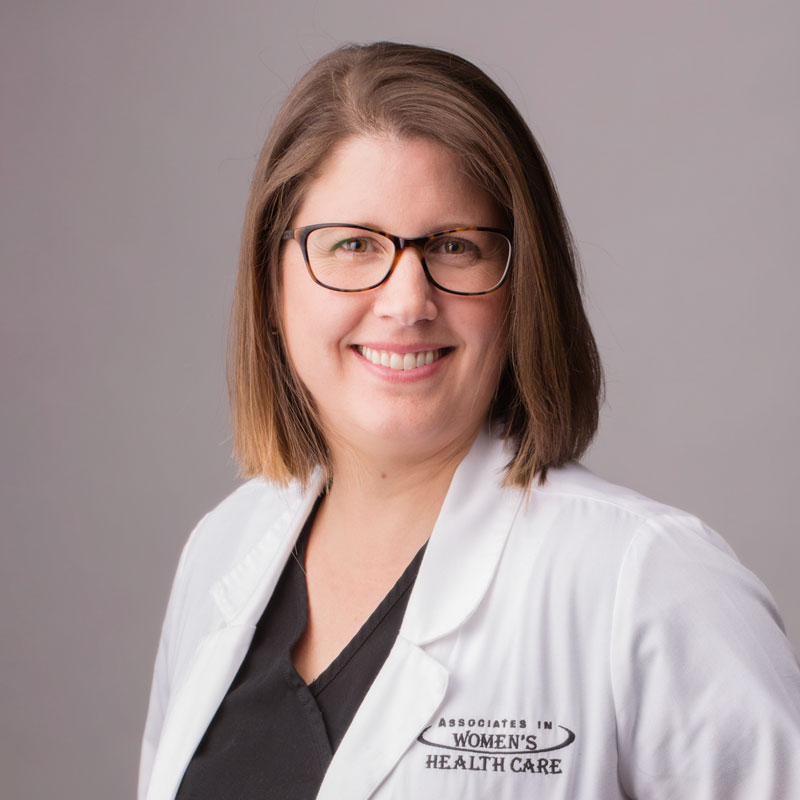
Jessica Beckmeyer, NP on a sabbatical from her NP career to raise her two boys.,
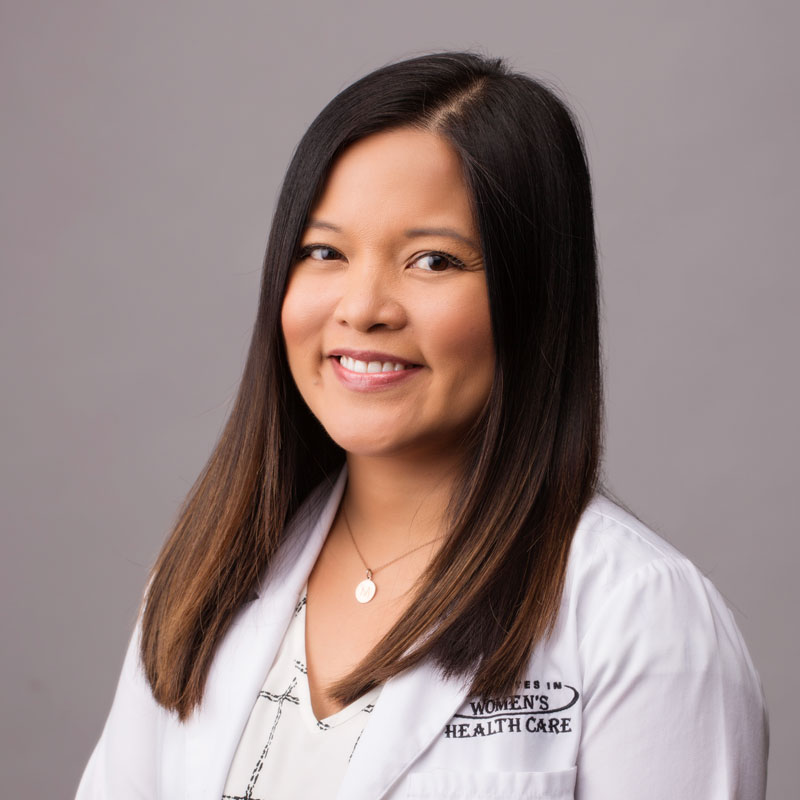
Maria Rivera,
MSN, FNP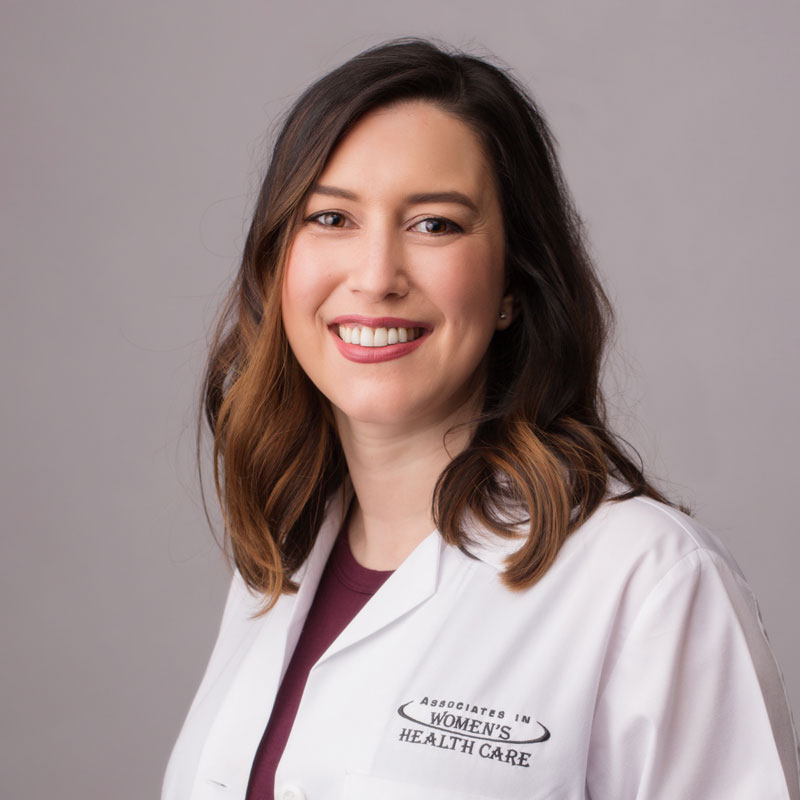
Allison Della Maggiora,
RN, MSN, FNP-C
Adrienne Navarro,
WHNP